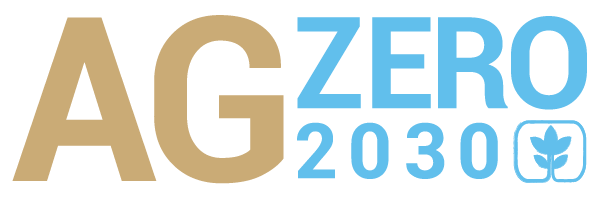Questions raised about government’s climate reduction targets
Climat Change Bill Submission
Questions raised about government’s climate reduction targets
By SHANNON BEATTIE
A group of climate conscious farmers has made a submission to the Department of Water and Environmental Regulation (DWER) raising questions over key elements of the State government’s proposed Climate Change Bill.
The substantial submission was made by AgZero2030 chairman Simon Wallwork, following consultations with DWER officers and the AgZero working group.
The main purpose of the Bill is to set the framework for the State government in establishing targets for reducing greenhouse gas emissions in the transition to a net-zero greenhouse gas emissions economy by 2050.
While commending the government for developing the Bill, the submission from AgZero2030 addressed several key features of, or omissions from, the proposed Bill which troubled the organisation and its members.
The Bill itself would set a net-zero target for 2050 and require the government to set interim reduction targets for 2035, 2040 and 2045.
Each target would also have a budget for the amount of emissions in the five year period up to the target year.
However, Mr Wallwork questioned why the Bill would have interim reduction targets set to start in 2035, rather than in 2030.
“The targets and budgets will measure net greenhouse gas emissions, meaning the amount of greenhouse gas emitted and the amount removed from the atmosphere, including by offsets such as tree planting,” Mr Wallwork said.
“As each interim target will constitute a progress beyond any previous target, the 2035 target should be a progression beyond a 2030 target.
“While it would be much better to have a five year budget out to 2030, if there is a good reason for not being able to calculate a budget to 2030, this is no reason not to declare a net emissions reduction target for 2030, and to administer it.”
The submission notes that recent Commonwealth law reforms already require major emitters to be reducing their emissions by 2030, and Western Australia should work with those reforms.
One of the ongoing purposes of the Bill would be to inform Parliament and the community about progress in achieving WA’s emissions reduction targets and responding to climate change.
While a worthwhile goal, AgZero noted in its submission that agriculture, fisheries, and landcare in WA had been managing direct climate impacts and bearing the externality costs of higher emitting sectors for decades.
Agriculture is being targeted to be a supplier of carbon offsets for other sectors, yet at the same time climate is a key determinant of food production potential and environmental impact on land and sea.
Mr Wallwork said these issues were emerging for agriculture and knowledge and understanding in the agriculture industry was clearly only at basic levels now.
“Given agriculture is directly affected by emission targets and resulting competing land use impacts it is paramount that the industry is both informed and consulted more broadly in regard to the Climate Change Bill,” he said.
“Given the current less than ambitious emissions targets outlined in the Bill proposal and indications that carbon offsetting on agriculture lands is required to meet sector targets, it appears agriculture has not been broadly consulted through this process.”
The government's four-week consultation period on the proposed Bill has ended, with AgZero eagerly awaiting an update based on its submission.
Read the full submission here.
